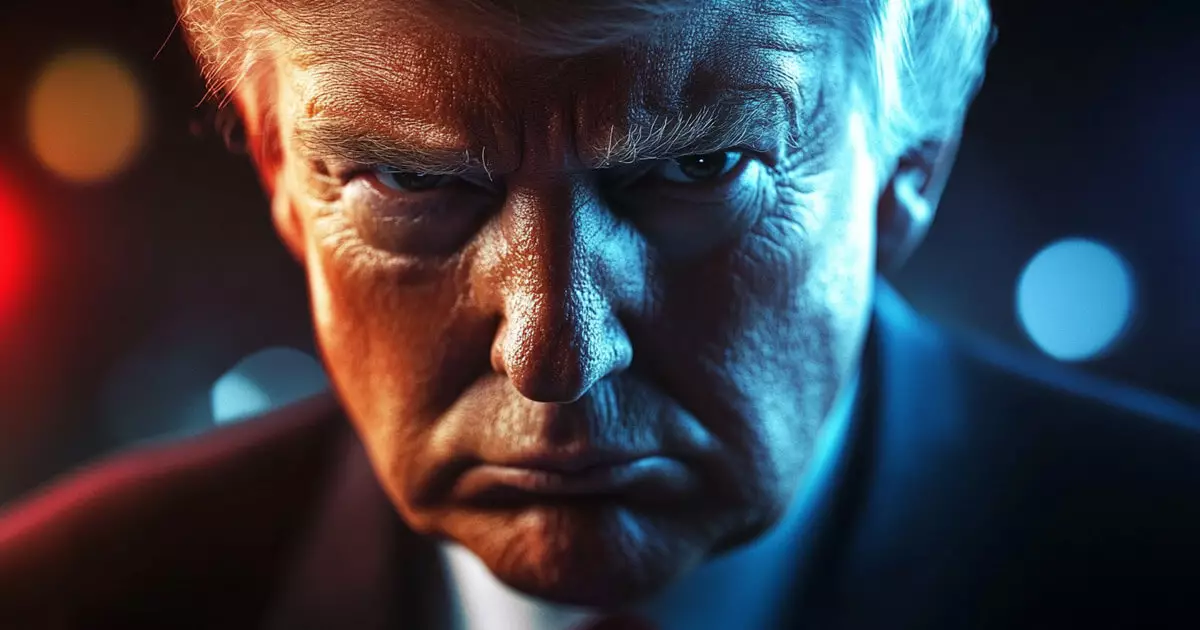The role of the SEC chair has historically been one that attracts seasoned professionals, but the current climate makes it a particularly daunting prospect. Due to a combination of mounting regulatory challenges and internal agency complications, potential candidates are weighing their options more carefully than ever before. Paul Atkins, a prominent contender for the position under President-elect Donald Trump, exemplifies the hesitancy faced by many experienced figures considering such a responsibility amidst turbulent times in the financial landscape.
Atkins’ Reluctance: A Closer Look
Reports indicating that Atkins is apprehensive about accepting the SEC chair role reveal the depth of the difficulties that lie ahead. Having served as an SEC commissioner in the past, Atkins has insights into the agency’s workings. Sources suggest that he perceives the role as less than appealing largely due to the uphill battle that awaits him in reforming what he considers a mismanaged agency. The legacy of outgoing chair Gary Gensler further complicates the situation, as many feel that his tenure has left a mixed record regarding regulatory clarity and efficacy.
Atkins’ potential appointment was initially met with optimism from those who believe his expertise could help restore the credibility of the commission. However, with the burdens of the agency growing, he may find it challenging to convince himself and others that he is the right fit for such an arduous undertaking.
Atkins is not only considering the agency’s present state but also his own business interests. His consulting firm, Patomak Global Partners, plays a significant role in his thought process regarding acceptance of the SEC chair role. Analysts surmise that any transition to a public position would require a full disentanglement from his current business engagements. Such a transition is not merely about leaving the firm; it’s about ensuring that it can thrive independently in his absence.
Furthermore, the decision will likely be influenced by broader regulatory shifts, including ongoing discussions around digital assets. Former CFTC Chair Chris Giancarlo has emerged as a strong advocate for Atkins, urging stakeholders to recognize the need for significant reform in the SEC’s approach to new financial technologies. Nonetheless, without a clear commitment or outlined pathway for Atkins to step in without conflicts of interest, the prospect of his ascension remains ambiguous.
If Atkins decides not to take up the role, the search for the next SEC chair will undoubtedly shift focus to other candidates. Current SEC Commissioner Mark Uyeda, former CFTC Chair Heath Tarbert, and Robert Stebbins of Willkie Farr & Gallagher LLP are emerging as potential alternatives. Each of these individuals carries a distinct vision for the SEC’s future, particularly in relation to digital assets, and could steer the agency in new directions.
As the incoming administration seeks to establish its regulatory priorities, it is clear that the selection of the next SEC chair is critical. The complexities involved reflect not only on the individual candidates but also on the larger tapestry of U.S. financial regulation. The stakes have never been higher, and the decision will have longstanding implications for how effectively the SEC can adapt to a rapidly changing financial environment.


















